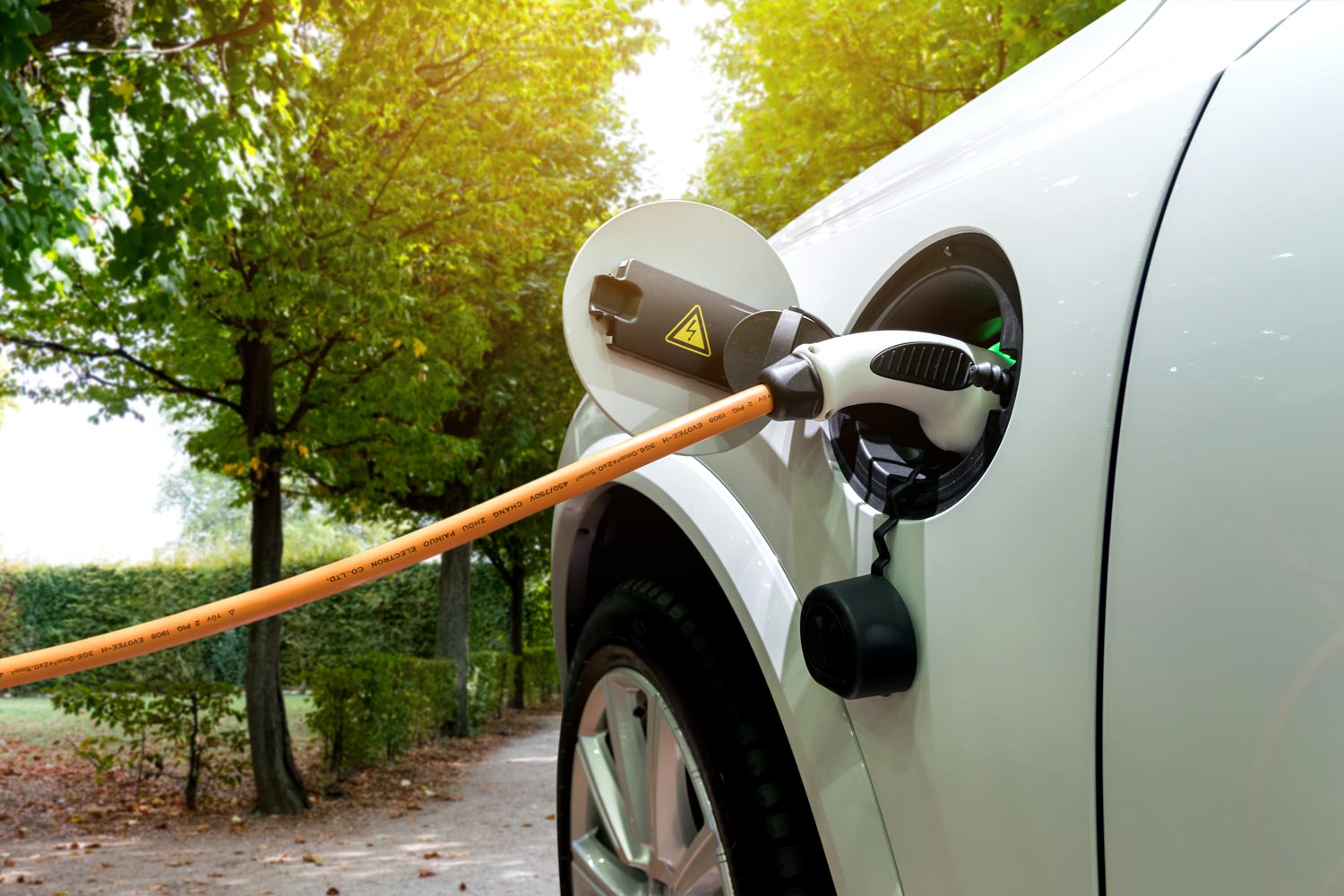Electric vehicles (EVs) are becoming increasingly popular as more people look for more eco-friendly transportation options. However, many people are still unsure about how to charge an electric car, especially when it comes to the time it takes to fully charge the vehicle. In this article, we will provide a comprehensive guide on how long it takes to charge an electric car and what factors can affect the charging time.
Factors That Affect Charging Time
Charging Speed
The first factor that affects the charging time of an electric car is the charging speed. The speed of charging depends on the type of charger used and the car’s battery capacity. There are three types of charging stations: Level 1, Level 2, and Level 3. Level 1 chargers use a standard household outlet and typically provide a slow charging speed, taking up to 20 hours to fully charge a vehicle. Level 2 chargers, which are available at public charging stations, provide faster charging speeds, taking anywhere from 4 to 10 hours to fully charge a car. Level 3 chargers, also known as fast chargers or DC fast chargers, provide the fastest charging speeds and can fully charge an electric car in just 30 minutes to an hour.
Battery Capacity
Another factor that affects charging time is the battery capacity of the electric car. A larger battery capacity will take longer to charge than a smaller battery capacity, regardless of the charging speed. For example, a car with a 100 kWh battery will take longer to charge than a car with a 50 kWh battery, even if they are both charged at the same charging speed.
Charging Level
The charging level of the electric car also affects the charging time. Charging an electric car from 0% to 80% takes longer than charging it from 80% to 100%. This is because the charging speed slows down as the battery reaches a full charge, in order to protect the battery from damage.
Climate Conditions
Climate conditions can also affect the charging time of an electric car. For example, charging an electric car in cold weather can take longer because the battery’s charging performance is reduced in cold temperatures. Conversely, charging an electric car in warm weather can be faster because the battery performs better in warmer temperatures.
Average Charging Time for Different Types of Electric Cars
Nissan Leaf
The Nissan Leaf is one of the most popular electric cars on the market. It has a 40 kWh battery capacity and can be charged using a Level 1, Level 2, or Level 3 charger. Using a Level 1 charger, it takes approximately 20 hours to fully charge the Nissan Leaf. Using a Level 2 charger, it takes approximately 8 hours to fully charge the car. And using a Level 3 charger, it takes approximately 40 minutes to fully charge the Nissan Leaf.
Tesla Model 3
The Tesla Model 3 is a popular electric car with a range of battery capacities, including 50 kWh, 75 kWh, and 100 kWh. Using a Level 2 charger, it takes approximately 8 hours to fully charge a 50 kWh Tesla Model 3, 12 hours to fully charge a 75 kWh Model 3, and 16 hours to fully charge a 100 kWh Model 3. Using a Level 3 charger, it takes approximately 30 minutes to fully charge a 50 kWh Tesla Model 3, 45 minutes to fully charge a 75 kWh Model 3, and 60 minutes to fully charge a 100 kWh Model 3.
Chevrolet Bolt
The Chevrolet Bolt is another popular electric car with a 60 kWh battery capacity. Using a Level 2 charger, it takes approximately 9 hours to fully charge the Chevrolet Bolt. Using a Level 3 charger, it takes approximately 45 minutes to fully charge the Chevrolet Bolt.
Conclusion
The charging time of an electric car can vary based on several factors, including the charging speed, battery capacity, charging level, and climate conditions. On average, it can take anywhere from 8 to 20 hours to fully charge an electric car using a Level 2 charger and 30 minutes to an hour using a Level 3 charger. It is important to keep in mind that these are just rough estimates and actual charging times may vary based on the specific electric car and charging conditions. When choosing an electric car, it is important to consider the charging time and ensure that it fits into your lifestyle and needs.
Zeeshan is a seasoned tech expert and senior writer at Teckrr.com. With over 10 years of experience in tech journalism, he brings insightful analysis and up-to-date information on the latest tech trends. Zeeshan holds a MBA degree from Business and Tech University and is known for his engaging writing style and ability to demystify complex tech topics. Stay connected with the cutting-edge of technology through his expert lens.

Leave a Reply